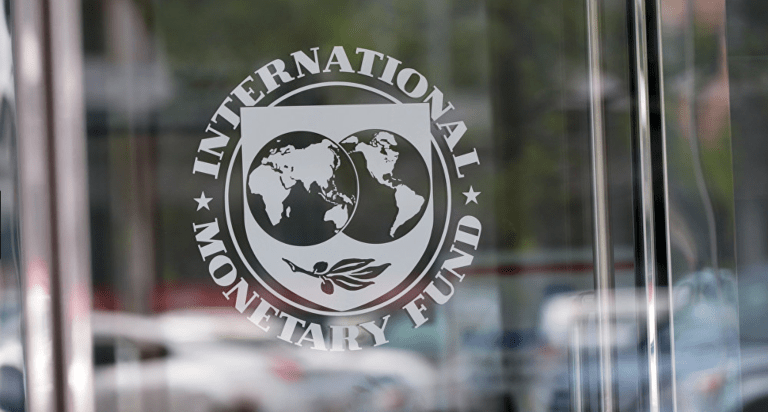Niger’s economic growth projected to reach 8.8% in 2024, says IMF

The International Monetary Fund (IMF) has announced that Niger’s economy is projected to grow by 8.8% in 2024, with the growth forecast supported by several key factors.
Despite facing “downside risks,” the IMF noted in a statement on Sunday that this economic expansion would be driven by increased oil exports, the lifting of sanctions, and a favorable agricultural season.
The announcement follows an IMF mission to Niamey, during which representatives presented their findings from the sixth review of the economic program backed by the Extended Credit Facility (ECF) and the second review of the Resilience and Sustainability Facility (RSF) agreement to Niger’s Prime Minister, Ali Mahaman Lamine Zeine.
“The staff-level agreement will be presented to the IMF’s management and Executive Board for approval in December,” stated Antonio David, head of the IMF mission, during a press briefing.
David elaborated on the potential financial impact of the program’s continuation, saying, “The completion of the ECF review would allow for a disbursement of approximately $17.4 million, representing 10% of Niger’s quota, to help meet the country’s external financing needs.”
He further emphasized the benefits of advancing the RSF review, which, if concluded, could unlock an additional $34 million in funding, equivalent to 19.5% of Niger’s IMF quota.
The IMF’s statement underscores the importance of continued economic reforms and structural adjustments to ensure sustained growth, particularly in a global economy marked by volatility and shifting conditions.
The IMF’s projections and financial support offer a promising outlook for Niger’s economic future, providing essential backing for the country’s fiscal resilience and development initiatives.
About The Author
dailymailafric
I am an avid African news observer, and an active member of Daily Mail Africa.
I’m Passionate about staying informed on diverse topics across the continent,
I actively contribute to publishing on political, economic and cultural developments in Africa.



